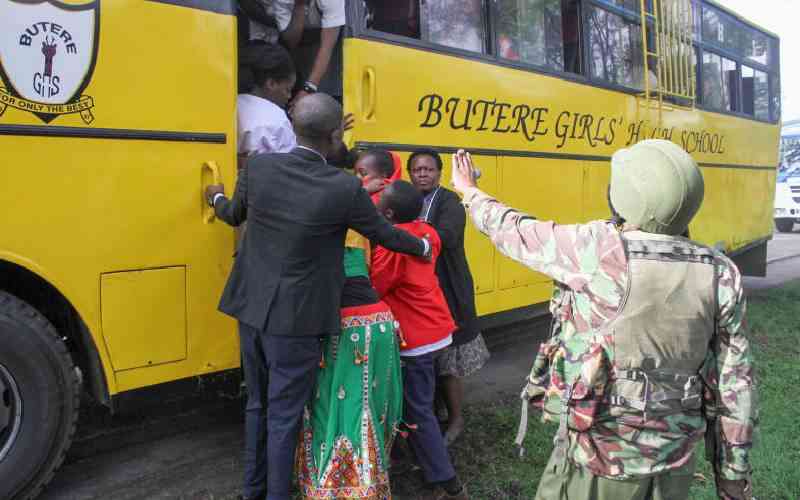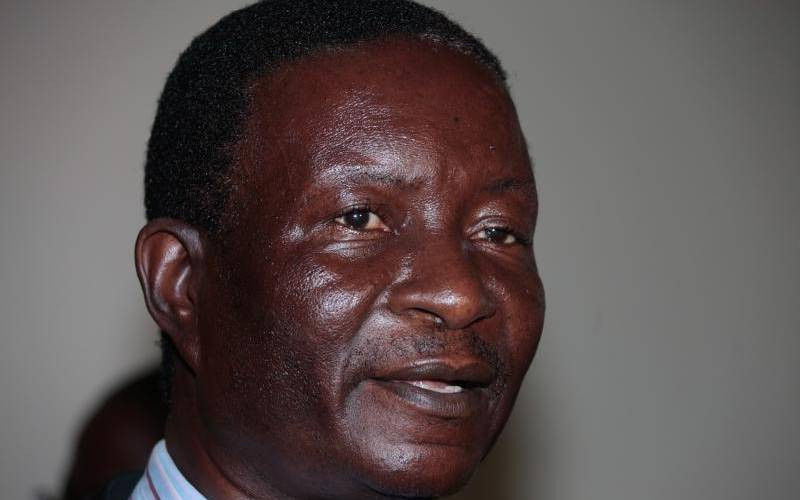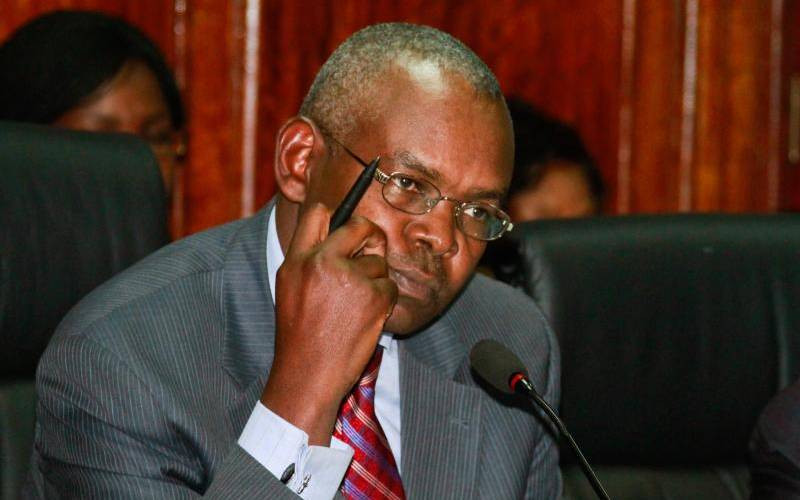
While some attempted to downplay the danger of using state security agencies to muzzle the Butere Girls High School play recently, most recognised the threat it posed to our academic and artistic freedoms. This issue continues to play out dramatically in the United States, a country with a long history of academic freedom, in ways we can admire and emulate.
In just over 90 days, the US administration has revoked over 1,700 student visas and pulled or threatened to pull federal funding for several universities and other tertiary institutions. The crackdown has targeted international students from at least 260 universities and colleges who may have participated in public protests or posting online against the Israeli genocide of Palestinians in Gaza. The crackdown has affected 389-year-old prestigious private universities such as Harvard University and state university colleges such as the University of Maryland.
The attacks by Immigration and Customs Enforcement (ICE) squads have thrust many of the students into near celebrity status with campuses and communities rallying to their defence. Columbia University student and green card holder Mahmoud Khalil was one of the first to be abducted. Khalil was transported 2,000km away from New Jersey to Louisiana, the equivalent of Nairobi to Lusaka, Zambia. He is currently in a detention centre as civil liberties lawyers battle to prevent him from being deported.
Not only have academic students been targeted, but the national administration has also blocked federal funding for several institutions and their programmes. Harvard and Columbia University have had nearly US$ 3 billion frozen. Sixty other higher education institutions have been threatened with “enforcement actions” should they not “protect Jewish students”, code for not stopping anti-war and pro-Palestinian protests.
Speaking on several American university campuses over March, the apprehension and shock was palpable. How was it possible that students holding valid visas and the right of residence in the US could have their studies and lives ripped apart for non-violently expressing their conscience on world matters as grave as genocide?
Despite the fear, I maintained a strong belief that Americans would draw on 150 years of democracy organising to push back. And they have. Harvard University has sued the federal administration for withdrawing funding.
University alumni have gathered to publicly burn their graduate certificates in disgust at the failure of their former institutions to protect current students. Civic organisations have also rallied to protect students at risk from deportation.
In an unprecedented act of solidarity, as of yesterday, more than 425 college and university presidents have signed a single letter to the US administration. The letter condemns “unprecedented government overreach and political interference”. Apart from the arrests and deportations of students, the scholarly communities are pushing back against the pressure to stop Diversity, Equality and Inclusion (DEI) affirmative action efforts for marginalised groups.
What can Kenya and the world learn from current efforts to protect academic freedom and the right to a conscience on US campuses?
As Timothy Snyder would school us, authoritarians hate free thinkers, particularly those with an independent political conscience. The greatest danger is for us to obey in advance and self-censor. Tyranny breeds in the smallest of spaces. Often our homes, workplaces and campuses are infected before this virus consumes nations.
We must protect the independence of institutions from the powerful. We must defend places of books, art and science from becoming places of obedience, rote and mediocrity. Without facts there can be no freedom. Without debate, no learning or wisdom.
Kenya remains within the top 20-30 per cent of the world’s countries on the Academic Freedoms 2024 Index. How we protect the freedom to research, teach and exchange ideas matters. How we maintain the autonomy of our schools from state interference and intimidation is important.
Lastly, as we lean into the next “finance bill” season, ensuring the integrity of our campuses is not violated by armed uniformed or non-uniformed police officers, will be critical to keeping our international ranking.
[email protected]
Stay informed. Subscribe to our newsletter
 The Standard Group Plc is a
multi-media organization with investments in media platforms spanning newspaper
print operations, television, radio broadcasting, digital and online services. The
Standard Group is recognized as a leading multi-media house in Kenya with a key
influence in matters of national and international interest.
The Standard Group Plc is a
multi-media organization with investments in media platforms spanning newspaper
print operations, television, radio broadcasting, digital and online services. The
Standard Group is recognized as a leading multi-media house in Kenya with a key
influence in matters of national and international interest.
 The Standard Group Plc is a
multi-media organization with investments in media platforms spanning newspaper
print operations, television, radio broadcasting, digital and online services. The
Standard Group is recognized as a leading multi-media house in Kenya with a key
influence in matters of national and international interest.
The Standard Group Plc is a
multi-media organization with investments in media platforms spanning newspaper
print operations, television, radio broadcasting, digital and online services. The
Standard Group is recognized as a leading multi-media house in Kenya with a key
influence in matters of national and international interest.









